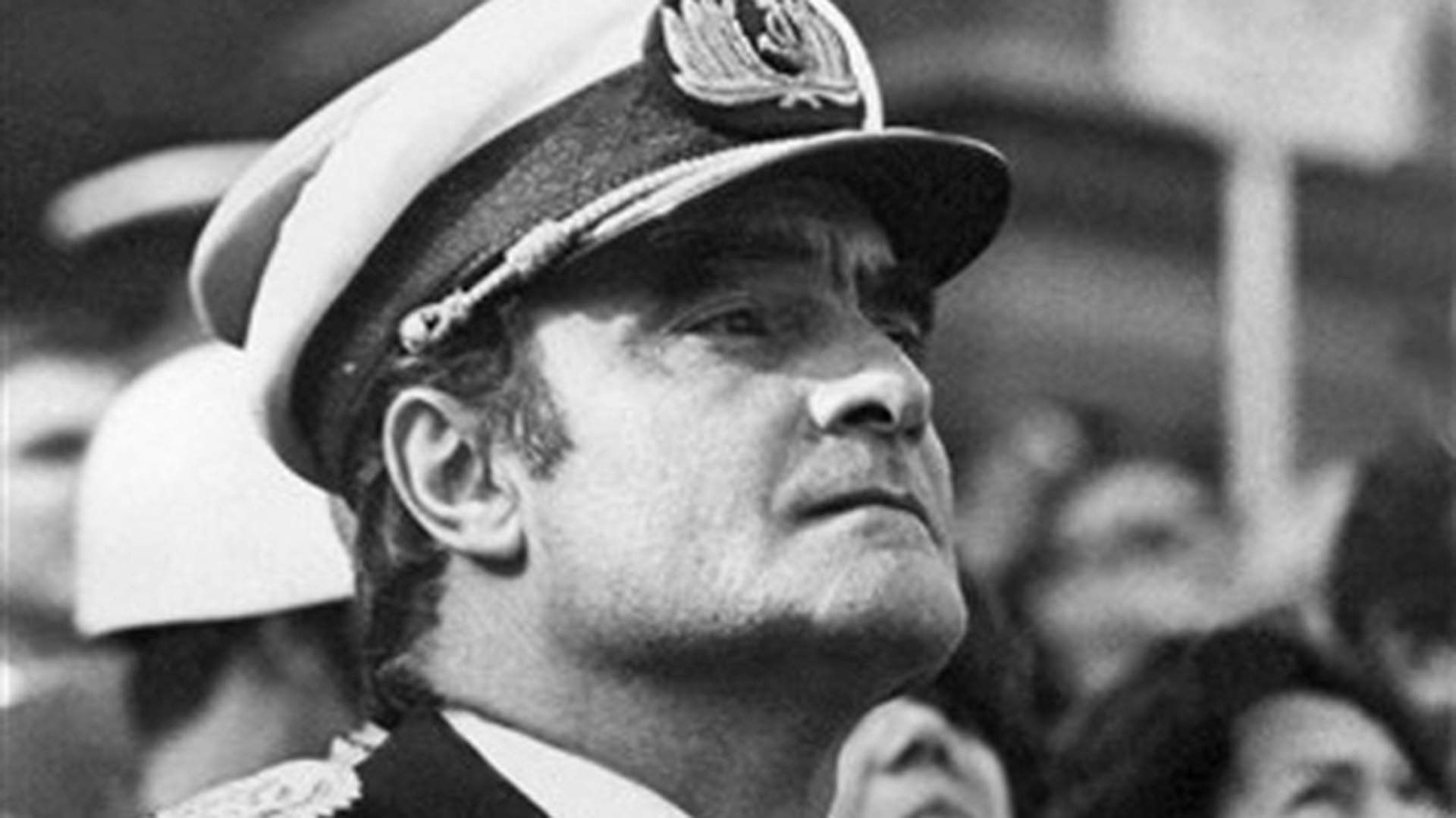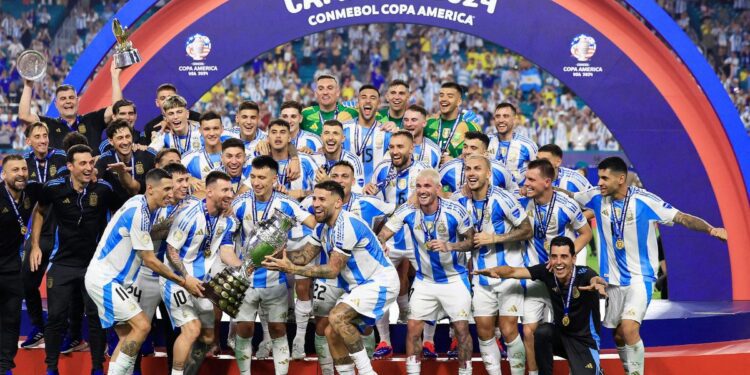#Alba González Souza es madre de Rafael Lezama González, quien fue visto por Ăşltima vez en octubre de 1976. Alba es fundadora de madres y familiares de uruguayos detenidos desaparecidos. Es vecina del Municipio B y nos acompañará en la presentaciĂłn de #alBaAudioguĂaDeLaMemoria pic.twitter.com/onLrFPzTeI— Municipio B Montevideo (@Municipiob) December 10, 2021
At the start of its activities in 2018, the Goal Against Impunity campaign had already succeeded in banning Miguel Zuluaga from the Peñarol membership.
Zuluaga was a brutal torturer who worked for Uruguay’s intelligence department during the military dictatorship. His interrogation methods were so ruthless that his colleagues nicknamed him El Zulu.
Notwithstanding his role in the disappearance and killing of countless Uruguayans, Zuluaga was employed by the Uruguayan Football Association and worked as head of security of the national team from 2000 to 2018, when he was finally fired after intense social pressure that started with the Peñarol hinchas campaign.
Pictures of Zuluaga hugging Uruguayan striker and former Barcelona player Luis Suárez or shaking hands with celebrated Uruguayan national coach Óscar Tabarez could be seen in placards during the Peñarol supporters’ street protests. Zuluaga’s story is clear evidence of the complex and problematic relationship between football and politics in Uruguay.
Dictators ExpelledÂ
In the early 1970s, Club Social y Deportivo Colo-Colo (or just Colo-Colo) was the main Chilean football club. They were so relevant that in 1971, Salvador Allende, the socialist president who supported Colo Colo’s rival La U (Club Universidade de Chile) once said that only Colo-Colo could unite Chileans over any common cause.
Once in power, Augusto Pinochet, the bloody dictator who led the coup d’état that ejected Allende from the presidential chair, was quick to organize for the club’s management to nominate him as the president of honor of Colo-Colo.
Coerced by the dictator’s brutal tyranny, Colo-Colo members waited for many years. Then, only in 2015, an assembly of members approved erasing all records of the dictator from the club’s history. They noted that the appointment of Pinochet as member and honorary president was “illegal and illegitimate.”
The Colo-Colo supporters’ action ignited a wave of deeds by South American football clubs and their supporters to establish truth and history and reinstate justice among their members.
Following the Chilean example, on March 24, 2021, when Argentineans celebrate the National Day of Memory for Truth and Justice, the powerhouse Boca Juniors held a ceremony to remember the 30,000 people who disappeared in the country during a period called State Terrorism.Â
Alongside members of the world-known human rights movement Mothers (and Grandmothers) of Plaza de Mayo, the Argentinean Football Federation’s president, and the captains of Boca Juniors and Defensores de Belgrano, the club’s president planted a tree to honor those who fought the dictatorship.
At the same time, the club announced the dissolution of the membership and positions held by agents and leaders of the dictatorship, such as Emilio Eduardo Massera. Admiral Massera, who was granted the title of honorary member in 1972, was one of the three members of the military junta who led the dictatorship between 1976 and 1978.
 File picture taken on September 2, 1977 showing former Argentine dictator Emilio Massera in Buenos Aires. Photo: AFP
File picture taken on September 2, 1977 showing former Argentine dictator Emilio Massera in Buenos Aires. Photo: AFP
Football and Transitional Justice
Reparation for victims is as important for transitional justice as prosecution of culprits. These can involve money when victims seek compensation for financial difficulties they suffered after their providers were killed by the barbaric political regimes that disgraced South America in the 1970s and 1980s. However, reparation also includes symbolic acts that re-establish truth and preserve historical memory.
Bearing this in mind, the Argentinean Club Atlético Huracán in October 2021 paid tribute to eight of its members who disappeared during the dictatorship.
In a touching ceremony, the club reissued the members’ identifications and offered them to their families. The club also inducted an honoring artistic montage for them. This artwork, which has human rights as its central topic, was installed on a wall in the club’s stadium to preserve the memory of those who suffered atrocities during the military period.
Ongoing Process
Transitional justice is an ongoing process in many South American societies. While much has been achieved, there is still more work to be done to recover the truth, prosecute and punish the culprits, and compensate victims and their families.
There are countries, such as Brazil, where that process has been slowed down by right-wing governments. In South America’s largest nation, even though a few families have received compensation, no criminal or torturer has been convicted.
Nevertheless, football has helped achieve transitional justice objectives for institutions, victims, and culprits in Argentina, Chile, and Uruguay. In these nations, being on a football stand is so relevant for community cohesion that the idea of cheering on your beloved club alongside someone who committed crimes against humanity is unbearable.
“Football is never (only) about football.” Copa America truly breathes new life into this old slogan.Â
Disclaimer: The views and opinions expressed here are those of the author and do not necessarily reflect the editorial position of The Globe Post.
Source link : https://theglobepost.com/2024/07/18/politics-football-south-america/
Author :
Publish date : 2024-07-18 04:18:43
Copyright for syndicated content belongs to the linked Source.










